DATE 2023 - Call for Papers
The DATE conference is the main European event bringing together designers and design automation users, researchers and vendors as well as specialists in the hardware and software design, test and manufacturing of electronic circuits and systems. DATE puts a strong emphasis on both technology and systems, covering ICs/SoCs, reconfigurable hardware and embedded systems as well as embedded software.
The three-day event consists of a conference with regular papers, late breaking results papers and extended abstracts, complemented by timely keynotes, special days, focus sessions, embedded tutorials, half-day workshops and multi-partner project sessions. The event will also host the Young People Programme and newly introduced unplugged sessions fostering the networking and the exchange of information on relevant issues, recent research outcomes and career opportunities.
DATE 2023 is the 26th edition of an event that has always been the place for researchers, young professionals and industrial partners to meet, present their research and discuss the current development and next trends, with high emphasis on social interaction.
For its 2023 edition, DATE presents itself in a renewed format: After three years of online editions due to COVID-19, DATE 2023 focusses on interaction as well as reinforcing and rebuilding links in the community. Accordingly, we employ some substantial changes to the established format intending for significant added value for in-person participation: Rather than spreading the attendance throughout an entire week, we condense DATE to three days – and make them count! Furthermore, the vast majority of regular papers will be presented in a renewed format of technical sessions focussing on live interactions (in addition to the common full-length presentations available before, during and after the conference by video). By this, we make sure that the community can actually do what conferences are for: meeting, discussing and exchanging.
- Download the DATE 2023
Call for Papers (web version) here - Download the DATE 2023
Call for Papers (printversion) here
Table of Content
- Submission Key Dates
- The Conference
- Special Days on Emerging Topics
- Unplugged Sessions
- Topic Areas for Submission
- Late Breaking Results
- Committees
- Sponsors
- Submission Instructions
- Camera-Ready and Presentation
- Registration Rule for all accepted papers
- Focus Sessions
- Embedded Tutorials
- Workshops
- Young People Programme
- Multi-Partner Projects
- Information
Submission Key Dates
| Submission Instructions | Deadline |
|---|---|
| Paper presentation video deadline | Friday, 24 February 2023 AoE |
Kindly note that all deadline days apply to anywhere on earth (AoE). Deadlines are strict and no extensions will be given.
The Conference
The conference addresses all aspects of research into technologies for electronic and (embedded) systems engineering. It covers the design process, test and tools for design automation of electronic products ranging from integrated circuits to distributed large-scale systems. This includes both hardware and embedded software design issues. The conference scope also includes the elaboration of design requirements and new architectures for challenging application fields such as sustainable computing, Internet of Everything, augmented living, secure systems, healthcare and automotive systems. Engineers, scientists and researchers involved in innovative industrial designs are particularly encouraged to submit papers to foster feedback from design to research.
;
Special Days on Emerging Topics
The scientific research track is complemented by a set of sessions focussing on emerging topics bringing new challenges to the community, with presentations and interactions on interesting and timely issues.
Special Day on Human AI-Interaction
Computing systems are increasingly entangled with the physical world, such that keyboards and screens are no longer the only way to communicate between humans and computers. More “natural” ways to communicate such as voice commands, analysis of the environment and imaging are increasingly widespread thanks to the progress of Artificial Intelligence. To further enhance communication and understanding between humans and machines, the next step for computing systems will be to enable more precise evaluation of all implicit communications, including emotions. In exchange, they should provide more natural, human-like responses, in a trustworthy way. The goal of this special day on Human AI-interaction is to show the latest developments in this field, including “emotional systems” but also to present the corresponding ethical aspects.
 Special Day "Human-AI Interaction" Co-Chair
Special Day "Human-AI Interaction" Co-ChairMarc Duranton, CEA-LIST, FR
marc [dot] duranton
 cea [dot] fr (marc[dot]duranton[at]cea[dot]fr)
cea [dot] fr (marc[dot]duranton[at]cea[dot]fr)
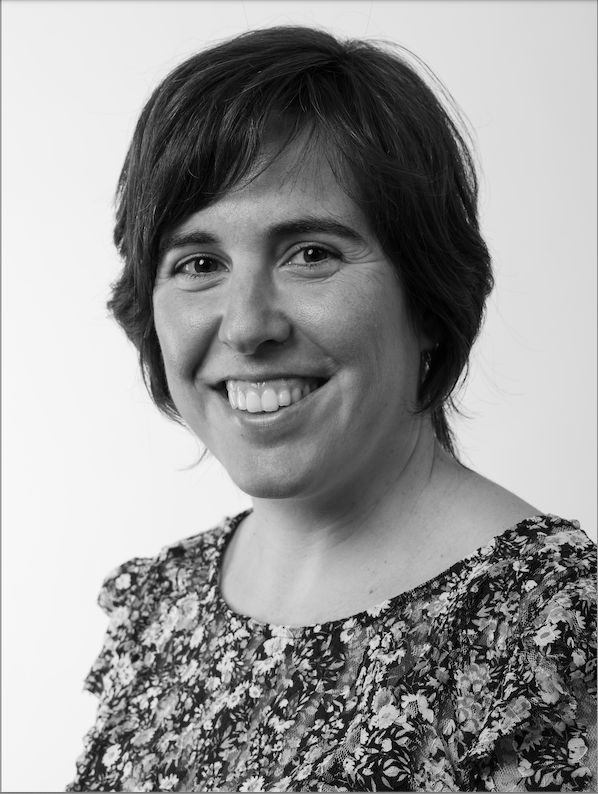 Special Day "Human-AI Interaction" Co-Chair
Special Day "Human-AI Interaction" Co-ChairMarina Zapater, HEIG-VD - Haute Ecole d'Ingénierie et de Gestion du Canton de Vaud, CH
marina [dot] zapater
 heig-vd [dot] ch (marina[dot]zapater[at]heig-vd[dot]ch)
heig-vd [dot] ch (marina[dot]zapater[at]heig-vd[dot]ch)
Special Day on Personalised Medicine
Personalised medicine is a new frontier for healthcare combining genomics, big data analytics and population health. The field aims to improve diagnosis and tailor treatment to the individual patient’s biological and clinical profile, as well as supporting individual preventive healthcare decisions to increase quality of life. These profiles are obtained through biomarkers, which are objectively measured indicators of normal and pathogenic biological processes and of pharmacological responses to medical treatments. Biomarkers can be retrieved through intelligent wearable or insideable computing devices, continuously monitoring bio-signals (electrical, temperature, pressure, etc.), behavioural patterns and in-device processing of body fluids (biological samples). Together with biomarkers from genomic data, this can be used to get a much more finely grained picture of the health condition of an individual. The emergent field of personalised medicine covers novel approaches and challenges for designing silicon-based AI-equipped ultra-low power computing but has also given rise to a new field of biological computing, based on the ability to engineer biological circuits to monitor and react on biomarkers.
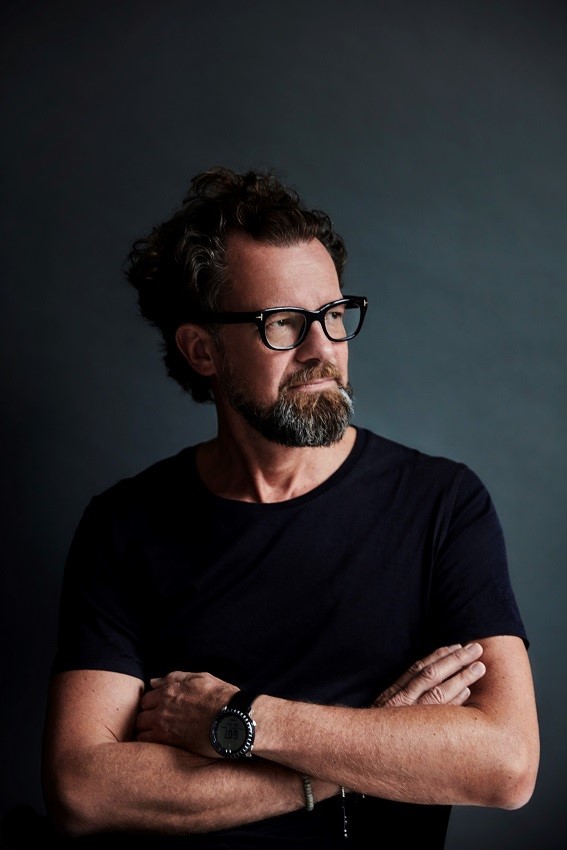 Special Day "Personalised Medicine" Co-Chair
Special Day "Personalised Medicine" Co-ChairJan Madsen, Technical University of Denmark, DK
jama
 dtu [dot] dk (jama[at]dtu[dot]dk)
dtu [dot] dk (jama[at]dtu[dot]dk)
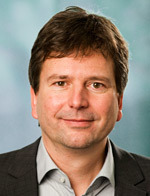 Special Day "Personalised Medicine" Co-Chair
Special Day "Personalised Medicine" Co-ChairOliver Bringmann, Universität Tübingen, DE
oliver [dot] bringmann
 uni-tuebingen [dot] de (oliver[dot]bringmann[at]uni-tuebingen[dot]de)
uni-tuebingen [dot] de (oliver[dot]bringmann[at]uni-tuebingen[dot]de)
DATE 2023 will also host a timely Special Initiative on:
Autonomous Systems Design
Fueled by the progress of Artificial Intelligence, autonomous systems are increasingly becoming integral parts of many Internet-of-Things (IoT) and Cyber-Physical Systems (CPS) applications, such as automated driving, robotics, avionics, industrial automation and smart systems in general. Autonomous systems are self-governed and self-adaptive systems that are designed to operate in an open and evolving environment, which is not completely defined at design time. This poses a unique challenge to the design and verification of dependable autonomous systems. The DATE Special Initiative on Autonomous Systems Design will include peer-reviewed papers, special sessions and interactive sessions addressing these challenges.
- Abstract Submission: Sunday, 6 November 2022 AoE
- Full Paper Submission: Sunday, 13 November 2022 AoE
- Acceptance Notification: Sunday, 18 December 2022 AoE
Submission site: https://softconf.com/date23/special_ASD/
More details and a specific call for contributions can be found online: www.date-conference.com/asd and in the the Call for Contributions.
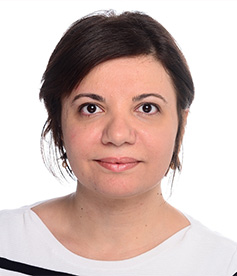 Special Initiative "Autonomous Systems Design" Co-Chair
Special Initiative "Autonomous Systems Design" Co-ChairSelma Saidi, Technische Universität Dortmund, DE
selma [dot] saidi
 tu-dortmund [dot] de (selma[dot]saidi[at]tu-dortmund[dot]de)
tu-dortmund [dot] de (selma[dot]saidi[at]tu-dortmund[dot]de)
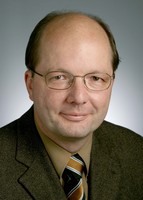 Special Initiative "Autonomous Systems Design" Co-Chair
Special Initiative "Autonomous Systems Design" Co-ChairRolf Ernst, Technische Universität Braunschweig, DE
ernst
 ida [dot] ing [dot] tu-bs [dot] de (ernst[at]ida[dot]ing[dot]tu-bs[dot]de)
ida [dot] ing [dot] tu-bs [dot] de (ernst[at]ida[dot]ing[dot]tu-bs[dot]de)Unplugged Sessions
DATE Unplugged Sessions - a kind of mini BarCamp session that creates a shared stream of consciousness uninterrupted by electronics to combine and multiply raw brainpower. In these sessions, you will be able to actively engage with peers in a stimulating exchange to formulate timely challenges as problems and find inspiration for solution approaches.
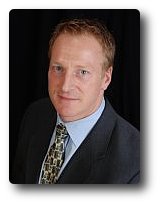 Unplugged Sessions Co-Chair
Unplugged Sessions Co-ChairPieter Mosterman, Raven Industries, US
unplugged-sessions
 date-conference [dot] com (unplugged-sessions[at]date-conference[dot]com)
date-conference [dot] com (unplugged-sessions[at]date-conference[dot]com)
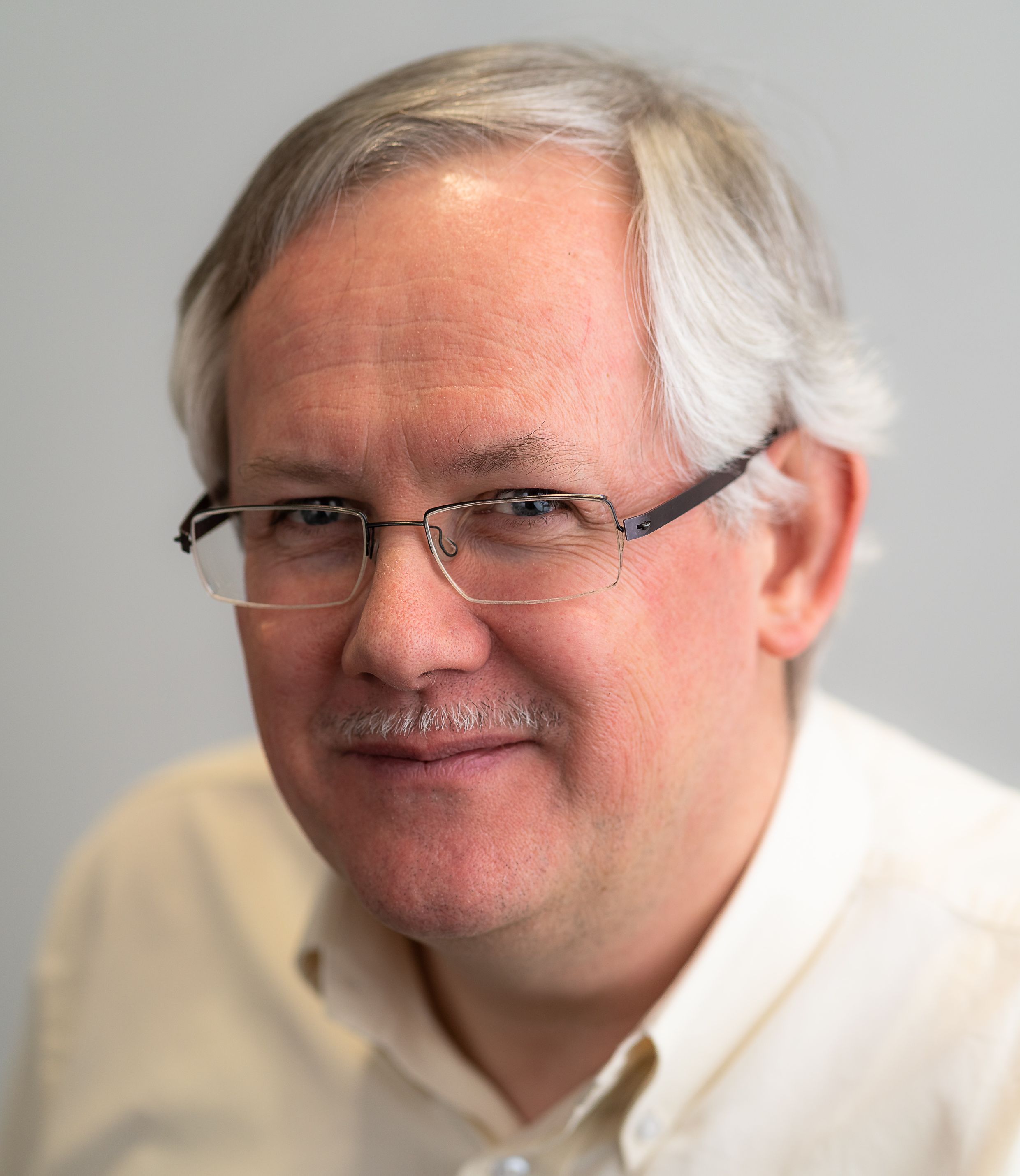 Unplugged Sessions Co-Chair
Unplugged Sessions Co-ChairHans Vangheluwe, University of Antwerp, BE
unplugged-sessions
 date-conference [dot] com (unplugged-sessions[at]date-conference[dot]com)
date-conference [dot] com (unplugged-sessions[at]date-conference[dot]com)Topic Areas for Submission
Within the scope of the conference, the main areas of interest are organised in the following tracks. Submissions can be made to any of the track topics.
Track D: Design Methods and Tools, addresses design automation, design tools and hardware architectures for electronic and embedded systems. The emphasis is on methods, algorithms and tools related to the use of computers in designing complete systems. The track focus includes significant improvements on existing design methods and tools as well as forward-looking approaches to model and design future system architectures, design flows and environments.
This track is organised in the following topics:
- D1 System Specification and Modelling, Click here for details
- D2 System-Level Design Methodologies and High-Level- Synthesis, Click here for details
- D3 System Simulation and Validation, Click here for details
- DT4 Design and Test for Analogue and Mixed-Signal Circuits and Systems, and MEMS, Click here for details
- DT5 Design and Test of Hardware Security Primitives, Click here for details
- DT6 Design and Test of Secure Systems, Click here for details
- D7 Formal Methods and Verification, Click here for details
- D8 Network-on-Chip and on-chip communication, Click here for details
- D9 Architectural and Microarchitectural Design, Click here for details
- D10 Low-power, Energy-efficient and Thermal-aware Design, Click here for details
- D11 Approximate Computing, Click here for details
- D12 Reconfigurable Systems, Click here for details
- D13 Logical and Physical Analysis and Design, Click here for details
- D14 Emerging Design Technologies for Future Computing, Click here for details
- D15 Emerging Design Technologies for Future Memories, Click here for details
Track A: Application Design, is devoted to the presentation and discussion of design experiences with a high degree of industrial relevance, real-world implementations and applications of specific design and test methodologies. Contributions should illustrate innovative or record-breaking design and test methodologies, which will provide viable solutions in tomorrow’s silicon, embedded systems and large-scale systems. In topic A8, there is the opportunity to submit 2-page papers that expose industrial research and practice.
This track is organised in the following topics:
- A1 Power-efficient and Sustainable Computing, Click here for details
- A2 Smart Cities, Internet of Everything, Industry 4.0, Click here for details
- A3 Automotive Systems and Smart Energy Systems, Click here for details
- A4 Augmented Living and Personalised Healthcare, Click here for details
- A5 Secure Systems, Circuits, and Architectures, Click here for details
- A6 Self-adaptive and Context-aware Systems, Click here for details
- A7 Applications of Emerging Technologies, Click here for details
- A8 Industrial Experiences Brief Papers, Click here for details
Track T: Test and Dependability, covers all test, design-for-test, reliability and design-for-robustness issues, at system-, chip-, circuit- and device-level for both analogue and digital electronics. Topics of interest also include diagnosis, failure mode analysis, debug and post-silicon validation challenges and test or fault injection methods addressing system security.
This track is organised in the following topics:
- T1 Modelling and Mitigation of Defects, Faults, Variability, and Reliability, Click here for details
- T2 Test Generation, Test Architectures, Design for Test, and Diagnosis, Click here for details
- T3 Dependability and System-Level Test, Click here for details
- DT4 Design and Test for Analogue and Mixed-Signal Circuits and Systems, and MEMS, Click here for details
- DT5 Design and Test of Hardware Security Primitives, Click here for details
- DT6 Design and Test of Secure Systems, Click here for details
Track E: Embedded Systems Design, is devoted to the modelling, analysis, design, verification and deployment of embedded software or embedded/cyber-physical systems. Areas of interest include methods, tools, methodologies and development environments for real-time systems, cyber-physical systems, networked systems and dependable systems. Emphasis is, also, on model-based design and verification, embedded software platforms, software compilation and integration for these systems.
This track is organised in the following topics:
- E1 Embedded Software Architecture, Compilers and Tool Chains, Click here for details
- E2 Real-time, Dependable and Privacy-Enhanced Systems, Click here for details
- E3 Machine Learning Solutions for Embedded and Cyber-Physical Systems, Click here for details
- E4 Design Methodologies for Machine Learning Architectures, Click here for details
- E5 Design Modelling and Verification for Embedded and Cyber-Physical Systems, Click here for details
Late Breaking Results
New this year, DATE 2023 provides the community with an opportunity to present new and exciting contributions for submission as Late Breaking Results (LBR) papers. LBR papers should cover new research relevant to the DATE topics. Two types of papers can be submitted:
1) breakthrough approaches or novel orthogonal research directions
2) breakthrough results, where sufficient work has been accomplished to indicate the viability of the work
Prospective authors are invited to submit Late Breaking Results papers (2 pages and two-column format) describing original and innovative work. Authors should use the template provided on the DATE website. Accepted LBR submissions will be presented in dedicated technical sessions focussing on live interactions around the submitted work to get feedback and exchange with the DATE community.
Please note that the late breaking results deadline is not an extension of the general paper submission deadline. It should be noted that accepted Late Breaking Results papers will be published as submitted and are expected to be camera-ready.
Submission site: https://softconf.com/date23/LBR/
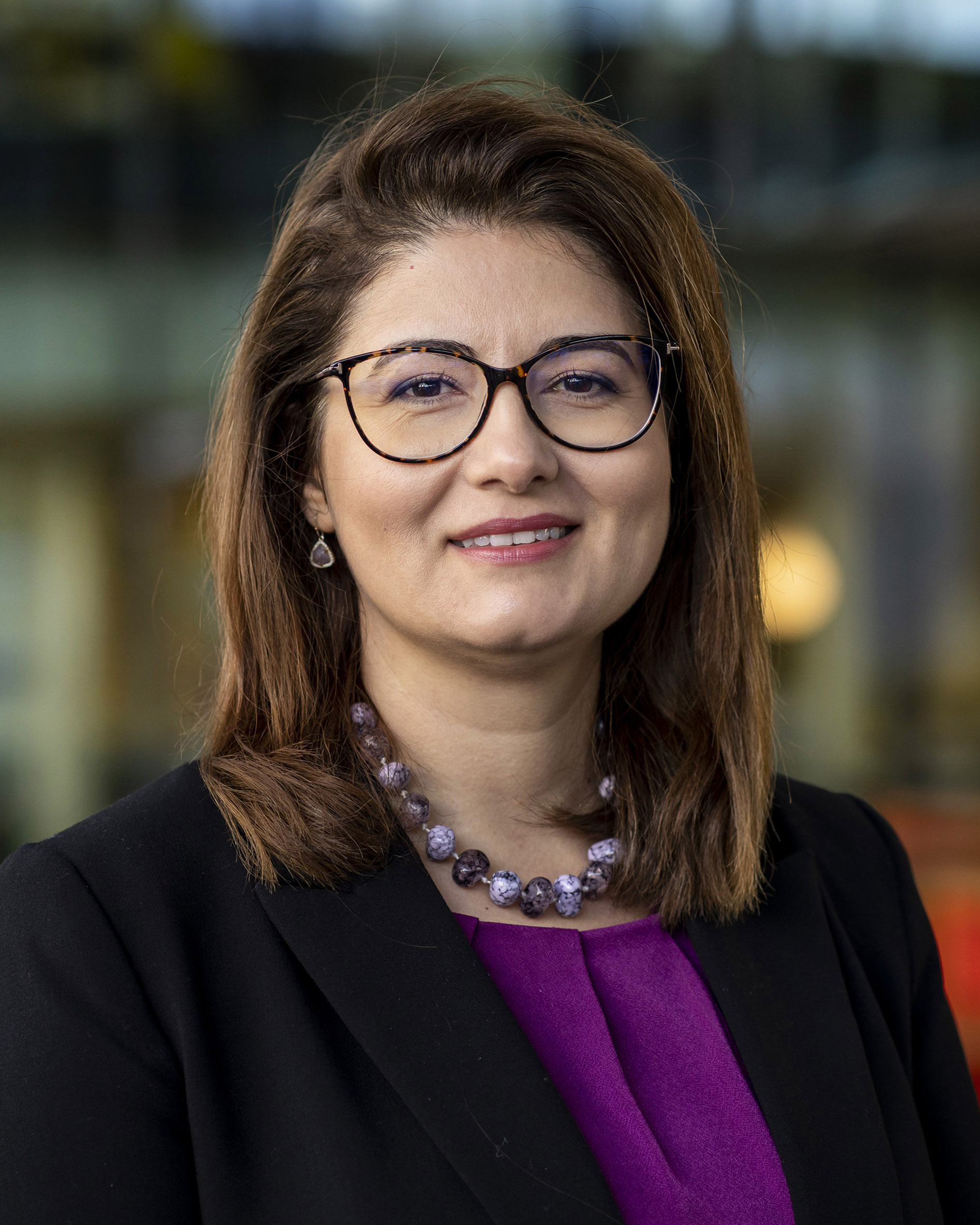 Late Breaking Results Chair
Late Breaking Results ChairAida Todri-Sanial, Eindhoven University of Technology, NL
lbr
 date-conference [dot] com (lbr[at]date-conference[dot]com)
date-conference [dot] com (lbr[at]date-conference[dot]com)Committees
Click the links below for a full list of the Executive and Programme committee members:
Sponsors
The event is sponsored by the European Design and Automation Association, the Electronic System Design Alliance, the IEEE Council on Electronic Design Automation and the ACM Special Interest Group on Design Automation.
In cooperation with IEEE Computer Society Test Technology Technical Community (TTTC), IEEE Solid-State Circuits Society (SSCS) and IEEE Computer Society (IEEE CS).
Submission Instructions
All manuscripts for any technical topic of the D, A, T, and E tracks must be submitted for review electronically. To respect the efforts of reviewers and in the interest of fairness to all prospective authors, we require that all submissions follow the formatting and submission rules. Submissions that violate these instructions may not be reviewed, at the discretion of the Programme Chair, in order to maintain a review process that is fair to all authors. The formatting rules are as follows.
The accepted file format is PDF. Any other format and manuscripts received in hard-copy form will not be processed. All submissions require novel and complete research work supported by experimental results.
Submissions must not exceed 6 pages in length, including references. Submission in topic A8 (Industrial Experiences Brief Papers) cannot exceed 2 pages in length and must be industrial-centric on both the content and the majority of authors’ affiliations.
WARNING: It is not possible to modify the list of authors and the order once the paper is submitted and the deadline is expired and if the paper is accepted, this information will be the one used for the final publication.
Reviewing will be double-blind. Therefore, do not include any author names on any submitted documents except in the space provided on the submission form. You must also ensure that the metadata included in the PDF does not give away the authors. If you are improving upon your prior work, refer to your prior work in the third person and include a full citation for the work in the bibliography. For example, if you are building on your own prior work in the papers [1, 2, 3], you would say something like: "While prior work did X, Y, and Z [1, 2, 3], this paper additionally does ..., and is therefore much better.” Do NOT omit or anonymize references for blind review. A detailed description of the IEEE authorship guidelines and responsibilities is available here (https://www.ieee.org/publications/rights/author-rights-responsibilities…).
All papers will be evaluated with regard to their suitability for the conference, originality, and technical soundness. The Programme Committee reserves the right to reorient a submission to an extended abstract.
WARNING: Submissions simultaneously under review or accepted by another conference, symposium, or journal will be rejected. Submissions for which pre-prints are available (e.g., on arXiv) are allowed. Note, however, that the authors are expected to follow all reasonable efforts to ensure that the submission is compliant with the double-blind review process.
Submitted papers may only be published in open access after the DATE 2023 TPC Meeting (Monday, 14 November 2022 AoE).
Scientific Papers (all topics but A8)
DATE seeks submissions of original, unpublished scientific work in one of its four tracks (D, A, T, and E) and 31 topics (for topic A8, see Industrial Experiences Brief Papers); for track and topic list, see Tracks and Topics list.
Scientific Papers will be evaluated with regard to their suitability for the conference, originality, and technical soundness. They require novel and complete research work supported by experimental results. Accepted papers will be published in the conference proceedings (max 6 pages) and will be presented in a renewed format of technical sessions focusing on live interactions at the conference (in addition to full-length presentations provided before and after the conference by video ). The Programme Committee reserves the right to accept submissions as extended abstract, i.e., a short summary of the work which will be published in the proceedings and presented at the conference, but is limited to 2 pages only.
Manuscript preparation, submission and deadlines
File format: PDF
Maximum number of pages: 6
Double blind review process: manuscripts should not include the author names nor affiliations.
Format: A4 pages or Letter sheets, double column, single spaced, Times or equivalent font of minimum 10pt, avoid the use of type-3 fonts. Do not use baselinestretch to compress text. Do not include page numbers. Do not include copyright notice.
Formatting instructions: format.pdf
Templates: Microsoft Word (DOCX, 31 KB) and LaTeX (ZIP, 746 KB) files.
Note: Manuscripts not in line with the above rules might be discarded.
Topic selection: carefully select the most appropriate topic when submitting the paper. For track and topic list, see Tracks and Topics list. When you submit your paper, you will be asked to select a secondary topic (mandatory). Your primary and secondary topic selections will enable the Programme Committee to assign your paper to the best-fitting topic.
Submission site: https://softconf.com/date23/conference/
Deadlines: The deadline to submit papers is Sunday, 18 September 2022 AoE. For a paper to be considered a valid submission, at least a title, abstract, and the complete list of authors (cannot be modified after Sunday, 18 September 2022 AoE) should be submitted by this date.
The full paper (up to 6 pages) can be submitted at the same time or later, but must be uploaded at the latest by Sunday, 25 September 2022 AoE. Otherwise the initial submission will be automatically withdrawn. Please note that there will not be any additional deadline extensions beyond Sunday, 25 September 2022 AoE.
Notification and Camera-Ready Paper: The contact author of a submitted paper will be notified of acceptance or rejection of his/her paper by Monday, 21 November 2022 AoE. In case of acceptance, authors need to prepare a final, camera-ready manuscript by Friday, 27 January 2023 AoE.
|
Double Submissions: submissions that are already under review or accepted by another conference, symposium, or journal will be rejected. The DATE conference will work cooperatively with others to check for these so-called "double-submissions". |
|
|
Authors list: you are not allowed to modify the list of authors after the submission deadline. It is extremely important that you put the full list (in the correct order) when submitting the paper online. If your paper is accepted, you will not be able to modify the authors later on. |
|
|
Registration: It is mandatory that at least one author of each accepted paper attends the session and presents the work. Please note that each paper shall be accompanied by at least one full conference registration at the speaker rate (i.e., two speaker registrations are needed for two accepted papers, e.g. from the main author or a co -author of the paper). An author per paper is expected to attend the session where the paper is discussed, otherwise the paper will be deleted from the proceedings afterwards (despite full payment at the speaker rate). |
For more information, please contact:
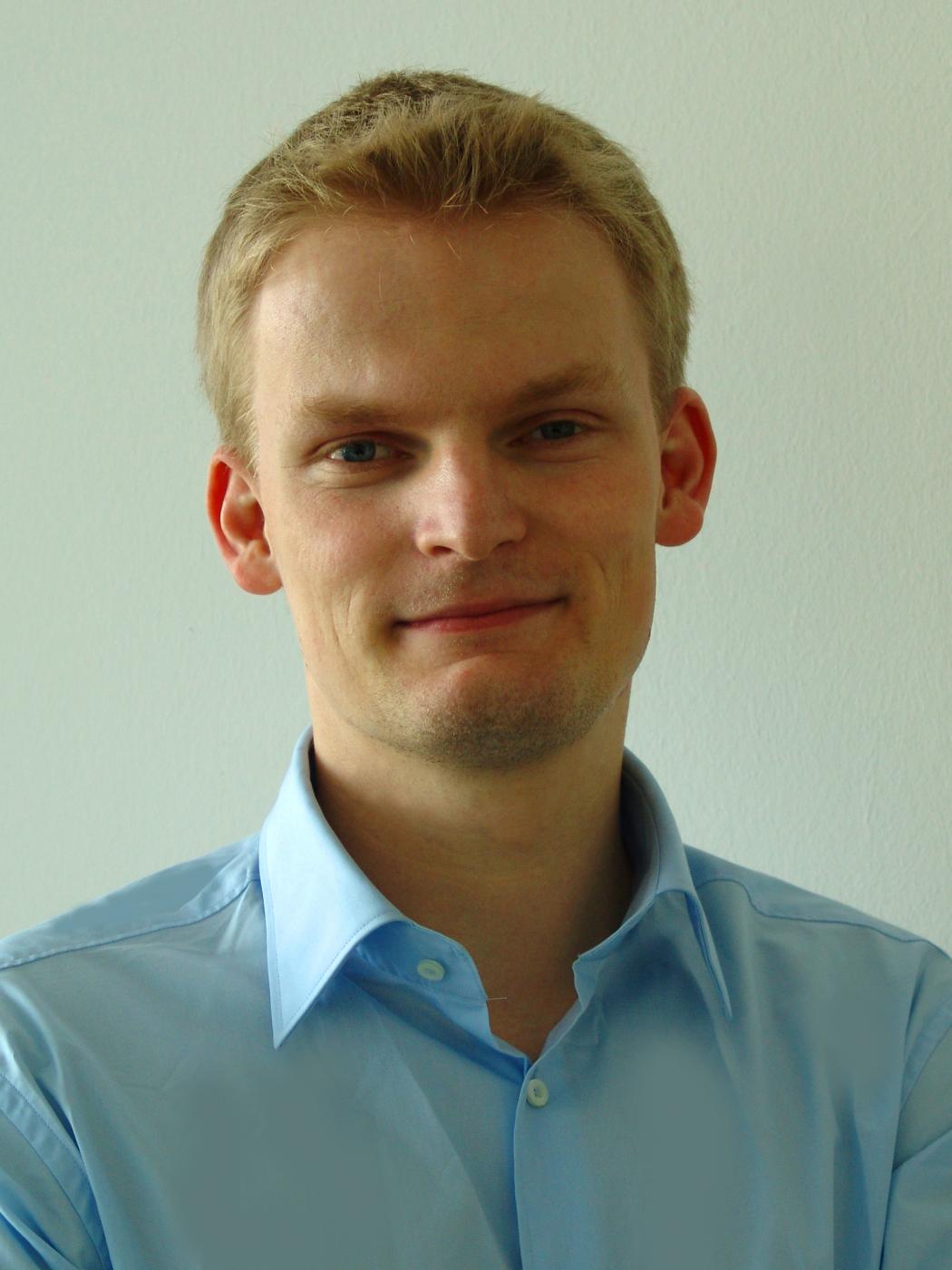 Programme Chair
Programme ChairRobert Wille, Technical University of Munich, DE
papers
 date-conference [dot] com (papers[at]date-conference[dot]com)
date-conference [dot] com (papers[at]date-conference[dot]com)Industrial Experiences Brief Papers (only topic A8)
Industrial Experiences Brief Papers (topic A8) target original, unpublished papers covering industrial experiences and case studies. Submissions should relate to industrial research and practice, including: commercial and market trends; future research demand; developments in design automation, embedded software, applications and test; emerging markets; technology transfer mechanisms; on-line testing and fault tolerance for industrial applications. Pure product presentations and announcements are strongly discouraged and will not be considered for publication.
Accepted papers will be published in the conference proceedings (max 2 pages) and will be presented in a renewed format of technical sessions focusing on live interactions at the conference (in addition to full-length presentations provided before and after the conference by video).
Manuscript preparation, submission and deadlines
File format: PDF
Maximum number of pages: 2
Double blind review process: manuscripts should not include the author names nor affiliations.
Format: A4 pages, double column, single spaced, Times or equivalent font of minimum 10pt, avoid the use of type-3 fonts since due to conversions by IEEE the original file size will extremely increase in IEEEXplore. Do not include page numbers. Do not include copyright notice.
Formatting instructions: format.pdf
Templates: Microsoft Word (DOCX, 31 KB) and LaTeX (ZIP, 746 KB) files.
Note: Manuscripts not in line with the above rules might be discarded.
Topic selection: carefully select the most appropriate topic when submitting the paper. For track and topic list, see Tracks and Topics list. When you submit your paper, you will be asked to select a secondary topic (mandatory). Your primary and secondary topic selections will enable the Programme Committee to assign your paper to the best-fitting topic.
Submission site: https://softconf.com/date23/conference/
Deadlines: The deadline to submit papers is Sunday, 18 September 2022 AoE. For a paper to be considered a valid submission, at least a title, abstract, and the complete list of authors (cannot be modified after Sunday, 18 September 2022 AoE) should be submitted by this date.
The full paper (max 2 pages) can be submitted at the same time or later, but must be uploaded at the latest by Sunday, 25 September 2022 AoE. Otherwise the initial submission will be automatically withdrawn. Please note that there will not be any additional deadline extensions beyond Sunday, 25 September 2022 AoE.
Notification and Camera-Ready Paper: The contact author of a submitted paper will be notified of acceptance or rejection of his/her paper by Monday, 21 November 2022 AoE. In case of acceptance, authors need to prepare a final, camera-ready manuscript by Friday, 27 January 2023 AoE.
|
Double Submissions: submissions that are already under review or accepted by another conference, symposium, or journal will be rejected. The DATE conference will work cooperatively with others to check for these so-called "double-submissions". |
|
|
Authors list: you are not allowed to modify the list of authors after the submission deadline. It is extremely important that you put the full list (in the correct order) when submitting the paper online. If your paper is accepted, you will not be able to modify the authors later on. |
|
|
Registration: It is mandatory that at least one author of each accepted paper attends the session and presents the work. Please note that each paper shall be accompanied by at least one full conference registration at the speaker rate (i.e., two speaker registrations are needed for two accepted papers, e.g. from the main author or a co -author of the paper). An author per paper is expected to attend the session where the paper is discussed, otherwise the paper will be deleted from the proceedings afterwards (despite full payment at the speaker rate). |
For more information, please contact:
 Programme Chair
Programme ChairRobert Wille, Technical University of Munich, DE
papers
 date-conference [dot] com (papers[at]date-conference[dot]com)
date-conference [dot] com (papers[at]date-conference[dot]com)Camera-Ready and Presentation
Authors of accepted papers will prepare the camera-ready version of the paper, adhering to the IEEE proceedings format and will be checked through PDFeXpress. Accepted Late Breaking Results papers will be published as submitted and are expected to be camera-ready (i.e., no changes will be possible after submission).
For the presentation, the authors will prepare a 3-minute pitch of their paper as well as a poster which both will be presented in the renewed format of technical sessions focusing on live interactions. Additionally, the authors will prepare a full-length (i.e., 20 min) presentation in form of a video which will be made available to all attendees before, during and after the conference. Guidelines for the pitch, the poster and the video will be made available later.
Registration Rule for all accepted papers
Please note that each paper shall be accompanied by at least one full conference registration at the speaker rate (i.e., two speaker registrations are needed for two accepted papers, e.g., from the main author or a co-author of the paper). It is mandatory that at least one author of each accepted paper attends the session where the paper is discussed and presents the work, otherwise the paper will be deleted from the proceedings afterwards (despite full payment at the speaker rate).
Focus Sessions
Focus Sessions can take the form of (1) Panels, discussing visionary and controversial issues or (2) Hot-Topic Sessions, focusing on the introduction and discussion of new R&D problems, addressing trends in the technical domains that are of interest to the conference participants.
Focus Session proposals must consist of an extended summary of up to 1,500 words in a PDF file, describing the topic, the authors/speakers and the format and must be submitted at https://softconf.com/date23/focus-session/ by Sunday, 2 October 2022 AoE. The submitter of a Focus Session proposal will be notified of acceptance or rejection of his/her proposal by Monday, 21 November 2022 AoE. In case of acceptance, contributors of accepted Focus Sessions will be asked to submit final texts or statements of panellists, as appropriate, for publication in the proceedings as final, camera-ready manuscripts by Friday, 27 January 2023 AoE. Panel sessions are entitled to one (1) page per panellist in the proceedings; Hot-Topic Sessions are allocated a maximum of six (6) pages paper per speaker or one single paper for the entire session which should not exceed ten (10) pages. As a rule of thumb, no more than four speakers per session should be planned for Hot-Topic Sessions. For the accepted Focus Sessions, it is the responsibility of the Focus Session organiser(s) to ensure that the Friday, 27 January 2023 AoE deadline is met and all the camera-ready manuscripts from their respective Focus Sessions are technically sound and meet the editorial standards of the DATE proceedings. The Focus Session Co-Chairs may decline the publication of the final manuscripts in the DATE proceedings if the above responsibility is not fulfilled.
Further Instructions for Focus Session Submissions
In addition to the above-stated important instructions, e.g. w.r.t. author list and double submissions, please adhere to the following:
Session Chair/Co-Chair: Every special session submission must name a chair and a co-chair; the chair and the co-chair are responsible for the preparation of the session and for the monitoring of the session; they cannot be selected among the moderators/panelists, or speakers/presenters.
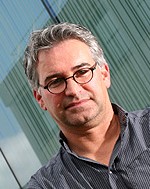 Focus Sessions Co-Chair
Focus Sessions Co-ChairOlivier Sentieys, IRISA/Inria, FR
focus-sessions
 date-conference [dot] com (focus-sessions[at]date-conference[dot]com)
date-conference [dot] com (focus-sessions[at]date-conference[dot]com)
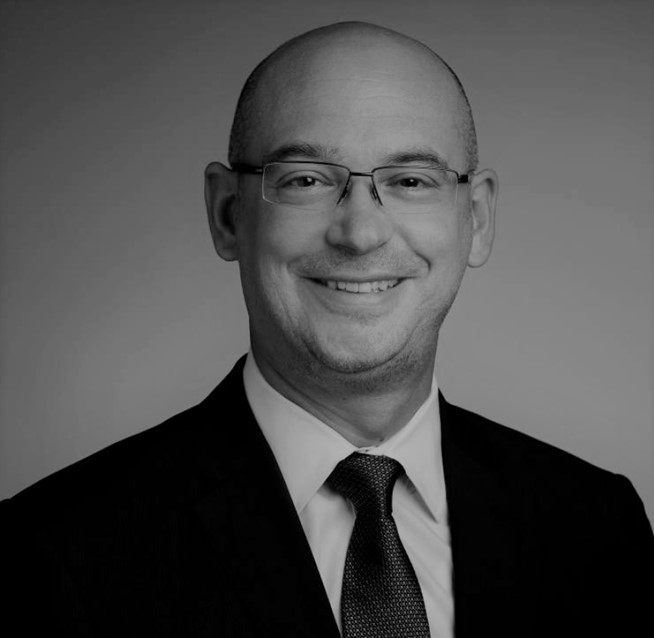 Focus Sessions Co-Chair
Focus Sessions Co-ChairPatrick Haspel, Synopsys, Inc., DE
focus-sessions
 date-conference [dot] com (focus-sessions[at]date-conference[dot]com)
date-conference [dot] com (focus-sessions[at]date-conference[dot]com)Further Focus Sessions will concentrate fully on the industrial perspective and are intended as a platform for DATE conference sponsors to present their work. For more information, please contact:
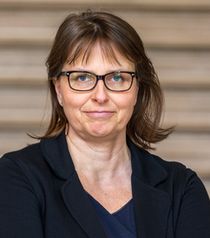 Conference Organisation | Sponsorship
Conference Organisation | SponsorshipKathleen Schäfer, K.I.T. Group GmbH Dresden, DE
date
 kitdresden [dot] de (date[at]kitdresden[dot]de)
kitdresden [dot] de (date[at]kitdresden[dot]de)Embedded Tutorials
DATE 2023 tutorial sessions are designed to provide audiences with an introduction to important topics in the DATE technical areas as well as hands-on tutorials on design automation tools. Early career professionals as well as graduate students will benefit from the introductory knowledge about these important topics and tools. Mid-career professionals can use the tutorials to extend their horizons. Embedded tutorials will be integrated into the new 3-day schedule of DATE and will replace the “Monday Tutorials” from previous editions. We welcome proposals for tutorial presentations in the DATE technical areas. Proposals should be submitted before Sunday, 2 October 2022 AoE Wednesday, 16 November 2022 AoE, via the DATE submission website https://softconf.com/date23/tutorials/. For more information, please go to https://www.date-conference.com/tutorial and/or contact:
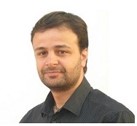 Embedded Tutorials Chair
Embedded Tutorials ChairFrancisco Cazorla, Barcelona Supercomputing Center, ES
tutorials
 date-conference [dot] com (tutorials[at]date-conference[dot]com)
date-conference [dot] com (tutorials[at]date-conference[dot]com)
Kindly note that DATE 2023 Tutorials will be held in-person, alongside the main conference activities (Antwerp, 17-19 April 2023) – hands-on content is encouraged.
Workshops
DATE invites proposals for half-day workshops on emerging research and application topics in design, application, test and embedded systems. Topics that are not directly covered in the DATE technical programme, but represent new research directions with potential impact on future DATE technical areas are particularly welcome. Workshops will be integrated into the new 3-day schedule of DATE and will replace the “Friday Workshops” from previous editions. For information and detailed descriptions on how to propose a workshop, please refer to the DATE website. Proposals should be submitted electronically by Sunday, 2 October 2022 AoE, via the DATE submission website https://softconf.com/date23/workshops/. For more information, please contact:
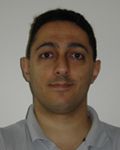 Workshops Chair
Workshops ChairTheocharis Theocharides, University of Cyprus, CY
workshops
 date-conference [dot] com (workshops[at]date-conference[dot]com)
date-conference [dot] com (workshops[at]date-conference[dot]com)
Kindly note that DATE 2023 Workshops will be held via physical presence, alongside the main conference activities (Antwerp, 17-19 April 2023).
Young People Programme
The Young People Programme is an initiative targeting Masters/PhD students and early-stage researchers with the goal of increasing their visibility, establishing contacts and encouraging discussion about future perspectives and upcoming research initiatives. The programme includes various events.
All these activities, PhD Forum, Careers Fair – Industry and Student Group Fair as well as Careers Fair – Academia, will be held in-person, to allow a strong participation and interaction, in a format offering networking and connection opportunities.
Sponsorship of Attendance
As a Young People Programme (YPP) Participant, you will receive a free DATE 2023 full-conference registration. The DATE 2023 Young People Programme is funded by generous support from participating companies and CEDA.
Applicants must be full-time students in EDA, microelectronics, or an adjacent field. If accepted, you must commit to actively participating in the programme in Antwerp from 17 April through 19 April 2023. Participation includes attending YPP events, especially industry and academic career fairs as well as DATE 2023 sessions. We welcome students from all over Europe and from all backgrounds. A jury will carefully review the applications and select DATE 2023 YPP participants. We especially welcome applications from Women and underrepresented groups.
Timeline and tentative program:
- Application deadline: Friday, 27 January 2023 AoE
- Acceptance notification: Friday, 3 February 2023 AoE
- DATE Opening Keynote and Young People Programme Activities: Monday, 17 April 2023
- DATE Conference: 17-19 April 2023
In order to apply for the sponsorship, follow the link and fill out and submit the form.
For more information, please go to https://www.date-conference.com/ypp and/or please contact:
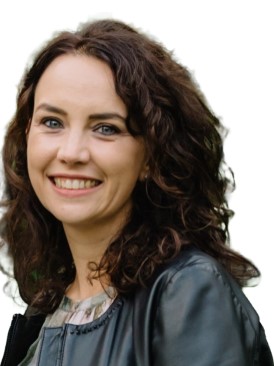 Young People Programme and Industry Careers Co-Chair
Young People Programme and Industry Careers Co-ChairSara Vinco, Politecnico di Torino, IT
ypp
 date-conference [dot] com (ypp[at]date-conference[dot]com)
date-conference [dot] com (ypp[at]date-conference[dot]com)
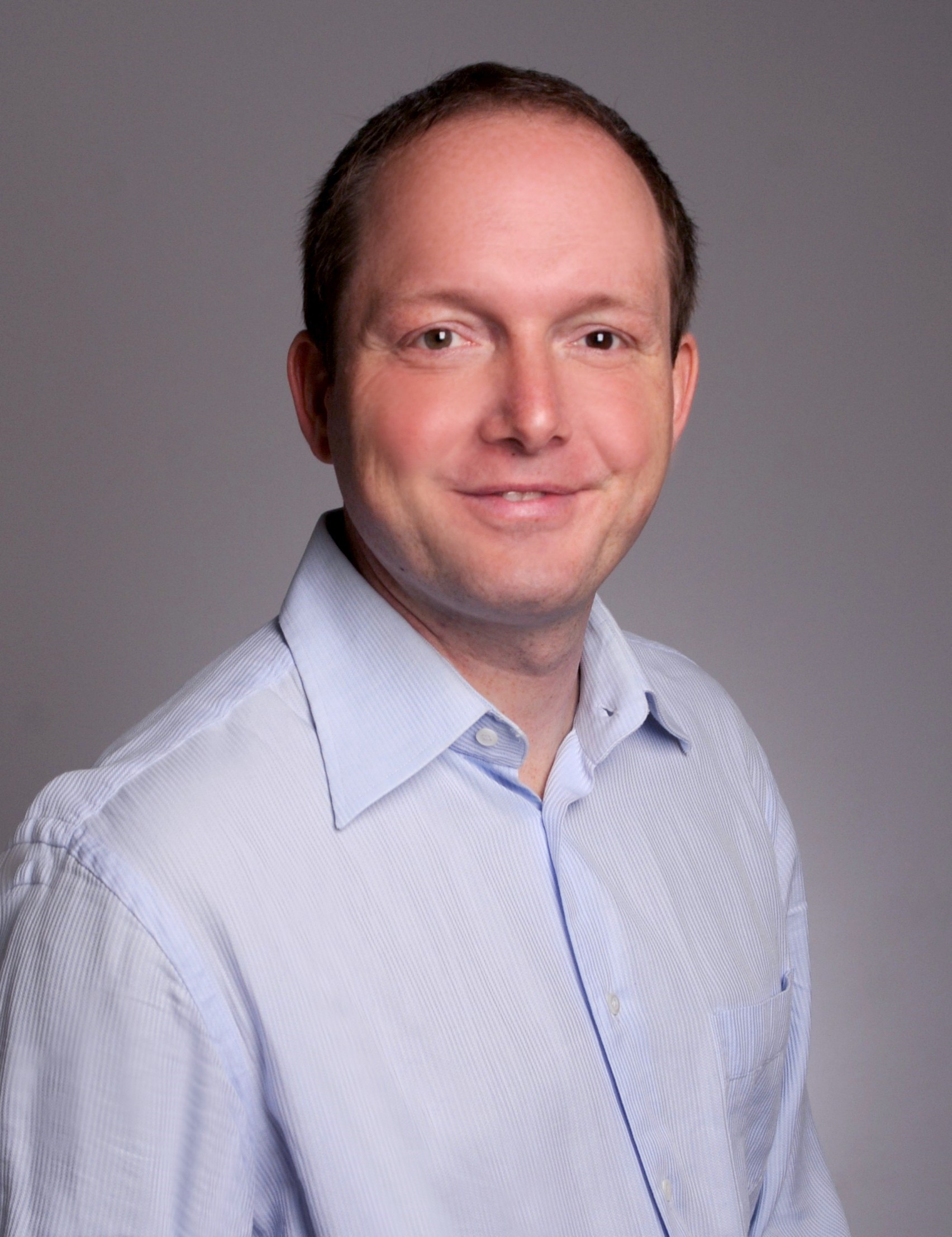 Young People Programme and Industry Careers Co-Chair
Young People Programme and Industry Careers Co-ChairAnton Klotz, Cadence Design Systems, DE
ypp
 date-conference [dot] com (ypp[at]date-conference[dot]com)
date-conference [dot] com (ypp[at]date-conference[dot]com)PhD Forum
The PhD Forum is a poster session hosted by EDAA, ACM SIGDA and IEEE CEDA for PhD students who have completed their PhD thesis within the last 12 months or who are close to completing their thesis work. It represents an excellent opportunity for them to get feedback on their research and for the industry to get a glance of the state of the art in system design and design automation. Proposals can be submitted via the DATE submission website https://softconf.com/date23/phdforum/ until Monday, 21 November 2022 AoE. For more information, please go to https://www.date-conference.com/phd-forum-call-for-submission and/or please contact:
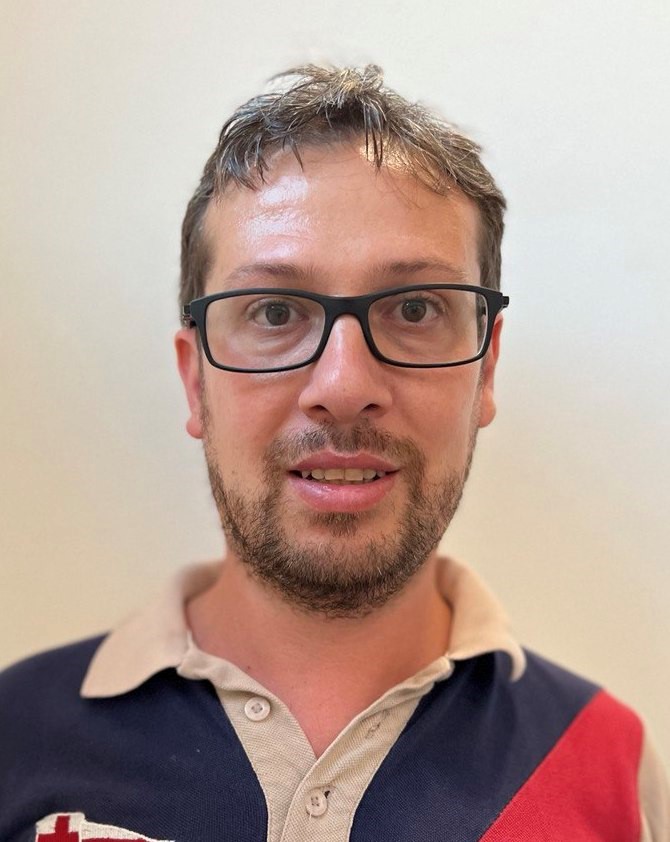 PhD Forum Chair
PhD Forum ChairChristian Pilato, Politecnico di Milano, IT
phd-forum
 date-conference [dot] com (phd-forum[at]date-conference[dot]com)
date-conference [dot] com (phd-forum[at]date-conference[dot]com)
 PhD Forum Co-Chair
PhD Forum Co-ChairDirk Stroobandt, Ghent University, BE
phd-forum
 date-conference [dot] com (phd-forum[at]date-conference[dot]com)
date-conference [dot] com (phd-forum[at]date-conference[dot]com)
Careers Fair – Industry & Student Teams Fair
Careers Fair - Industry: PhD students, master students and early researchers apply to open positions from EDA and micro- electronics industries, leading to interviews arranged during the DATE conference. Sponsoring companies get the opportunity to present themselves, their ongoing activities and their workplace during a dedicated session. Jobseekers can attend a seminar on how to present effectively to HR representatives, that will be held before the conference. During the speed-dating event the recruiters from the sponsoring companies and the jobseekers have the opportunity to have first short interview and exchange CVs and business cards. The Careers Fair - Industry session also includes a keynote and a panel session where experts with EDA and microelectronics backgrounds talk about their various career paths, including industry and start-ups, self-made entrepreneurs and more unconventional profiles.
Student Teams Fair: Student teams participating in international competitions present their activities, success stories and challenges to DATE attendees and to personnel from EDA and microelectronic companies, to receive funding and support for their future activities. Student teams also attend a dedicated workshop.
Workshop on grant acquisition: One session is dedicated to how to attract funding through the new funding programs sponsored by the European Agencies.
For more information, please go to https://www.date-conference.com/ypp and/or please contact:
 Young People Programme and Industry Careers Co-Chair
Young People Programme and Industry Careers Co-ChairSara Vinco, Politecnico di Torino, IT
ypp
 date-conference [dot] com (ypp[at]date-conference[dot]com)
date-conference [dot] com (ypp[at]date-conference[dot]com)
 Young People Programme and Industry Careers Co-Chair
Young People Programme and Industry Careers Co-ChairAnton Klotz, Cadence Design Systems, DE
ypp
 date-conference [dot] com (ypp[at]date-conference[dot]com)
date-conference [dot] com (ypp[at]date-conference[dot]com)
University Fair & Careers Fair – Academia
The University Fair & Careers Fair – Academia are forums for the academic sector to interact with DATE participants. We facilitate this interaction by providing two channels:
University Fair: is a channel to foster the transfer of mature academic work to a large audience. Interested research academics are invited to submit a 1-page abstract description of their pre-commercial research results and prototypes. Accepted submissions will have the opportunity to present their work (posting facilities for posters will be provided) and demonstrate their prototype live during demonstration sessions.
Careers Fair – Academia: is a channel to advertise new and upcoming research initiatives with academic open positions to a large audience. Interested research academics are invited to submit a 1-page abstract description of their new research plans and the respective open position(s). Accepted submissions will have the opportunity to present their research openings (approx. 5 mins) in the Careers Fair – Academia session, which will also feature a panel on academic career paths in different countries. They are also invited to post a flyer of their opening(s) on the "Jobs Wall".
Submission deadline is Monday, 21 November 2022 AoE Friday, 27 January 2023 AoE at the DATE submission website https://softconf.com/date23/UFair/.
For more information, please contact:
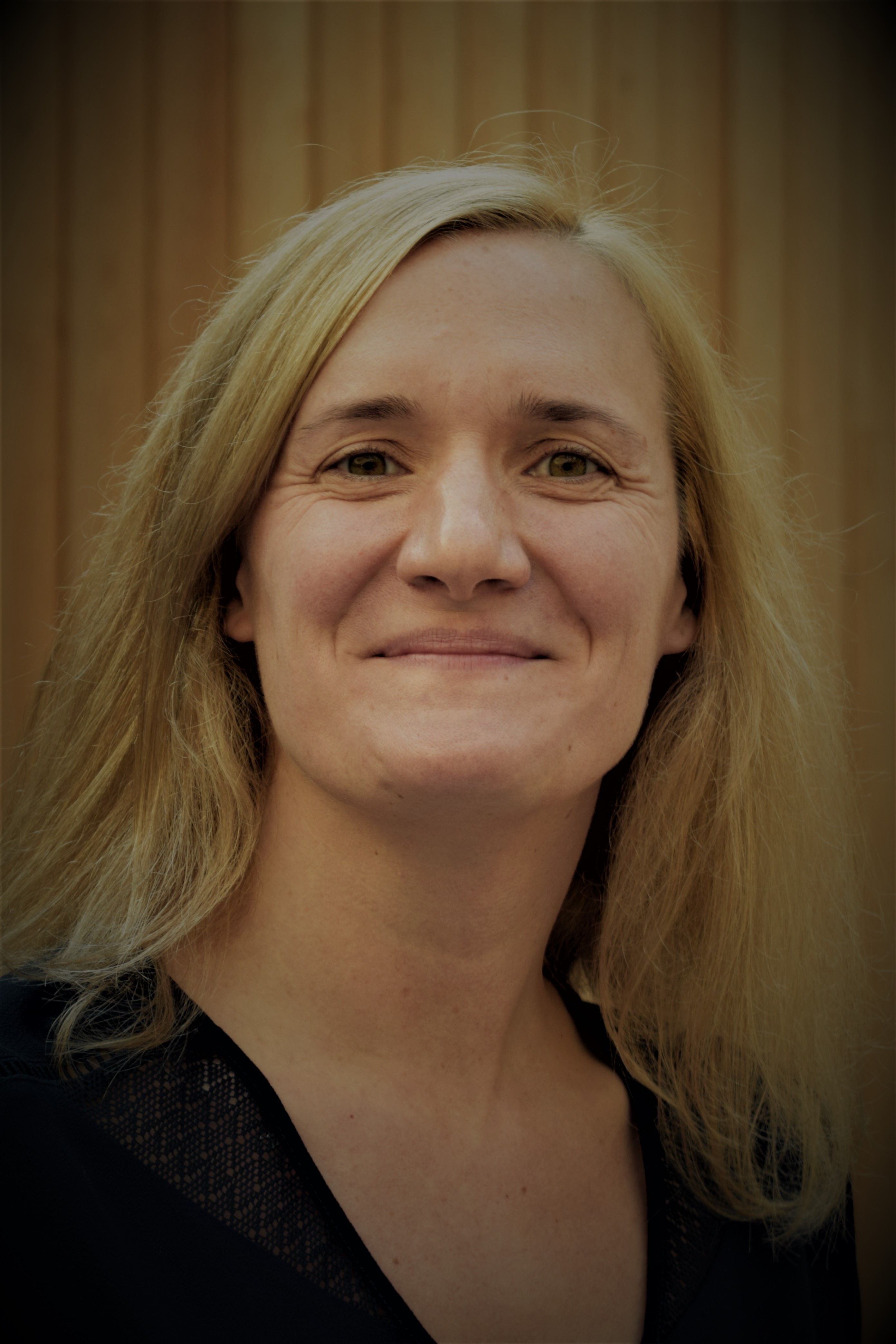 University Fair Co-Chair
University Fair Co-ChairNele Mentens, KU Leuven, BE / Leiden University, NL
university-fair
 date-conference [dot] com (university-fair[at]date-conference[dot]com)
date-conference [dot] com (university-fair[at]date-conference[dot]com)
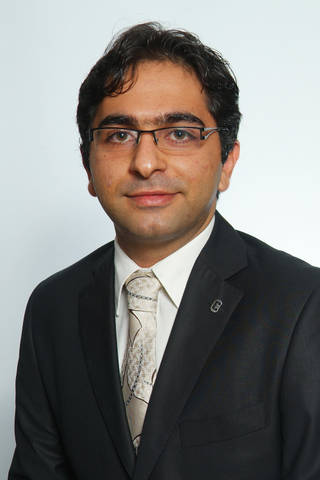 University Fair Co-Chair
University Fair Co-ChairNima TaheriNejad, Heidelberg University, DE
university-fair
 date-conference [dot] com (university-fair[at]date-conference[dot]com)
date-conference [dot] com (university-fair[at]date-conference[dot]com)Multi-Partner Projects
The DATE 2023 programme will include sessions dedicated to multi-partner innovative and highly-tech research projects addressing the DATE 2023 topics. The types of collaboration covered, but not limited to, are EU-funded projects (H2020/Horizon Europe, EIC, ECSEL, PENTA, MSCA ITN, COST, etc.), nationally- and regionally-funded projects, projects funded by the European Space Agency, collaborative research projects funded by industry. Project coordinators and consortia are invited to submit papers presenting concepts, work in progress, or lessons learned from the project. The Multi-Partner Projects session is an excellent opportunity to present your work to the DATE community and increase impact of project’s dissemination and outreach activities.
Contributions must be submitted before Monday, 21 November 2022 AoE (registration of abstracts by Monday, 14 November 2022 AoE) via the DATE submission website https://softconf.com/date23/MPP/. Accepted contributions will be published in the DATE 2023 proceedings and indexed by the databases.
For more information, please go to https://www.date-conference.com/project and/or please contact:
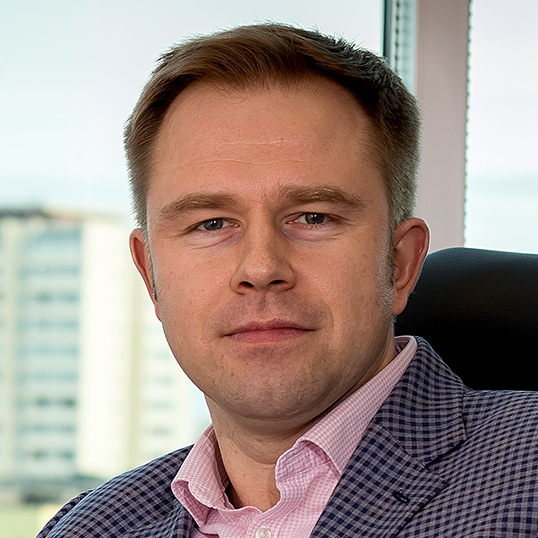 Multi-Partner Projects Chair
Multi-Partner Projects ChairMaksim Jenihhin, Tallinn University of Technology, EE
mpp
 date-conference [dot] com (mpp[at]date-conference[dot]com)
date-conference [dot] com (mpp[at]date-conference[dot]com)
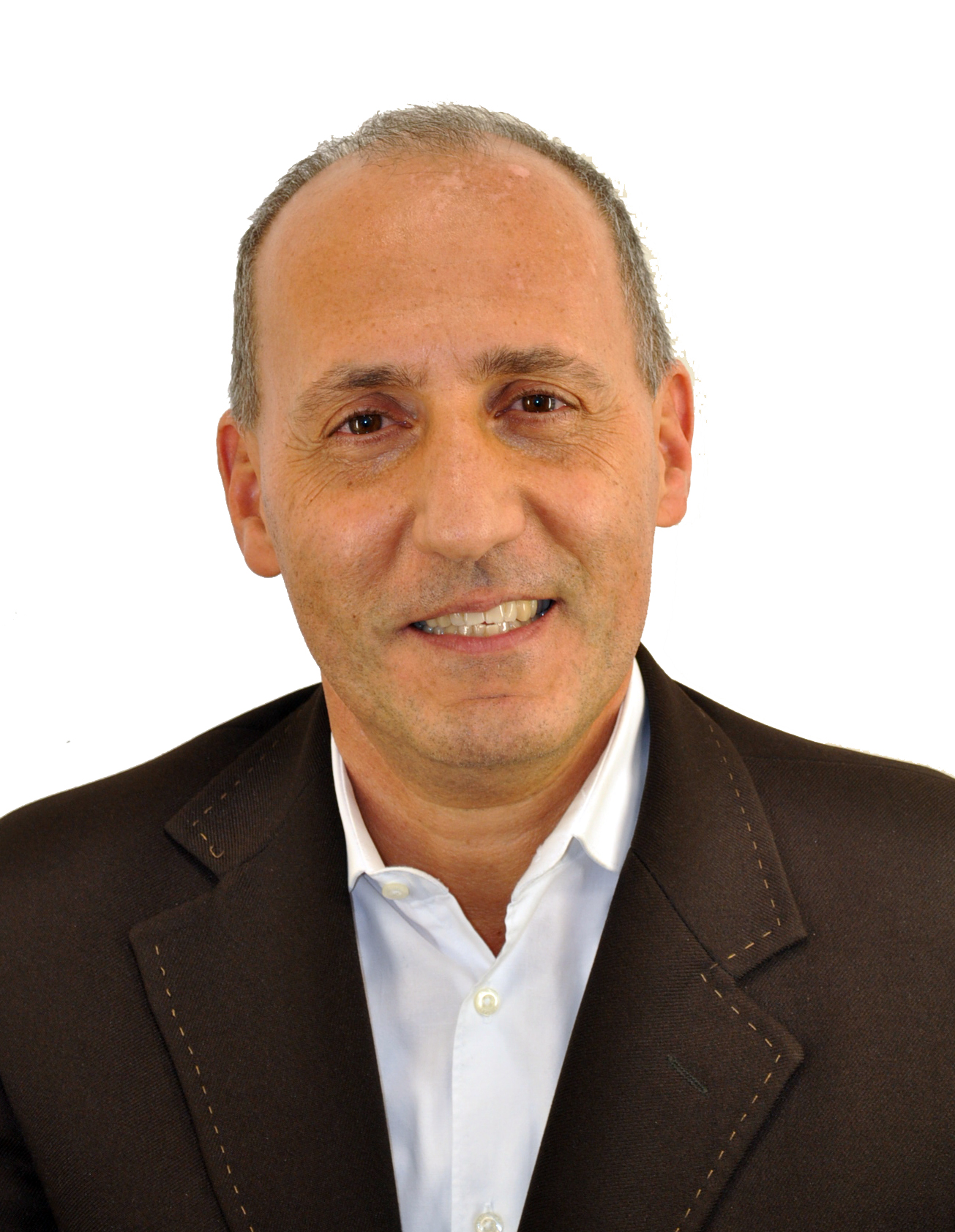 Multi-Partner Projects Co-Chair
Multi-Partner Projects Co-ChairFranco Fummi, Università di Verona, IT
mpp
 date-conference [dot] com (mpp[at]date-conference[dot]com)
date-conference [dot] com (mpp[at]date-conference[dot]com)
Projects can also showcase their vision, activities and outcomes benefitting from DATE's high visibility and networking assets, by exploiting further project dissemination options; for more information please contact:
 Conference Organisation | Sponsorship
Conference Organisation | SponsorshipKathleen Schäfer, K.I.T. Group GmbH Dresden, DE
date
 kitdresden [dot] de (date[at]kitdresden[dot]de)
kitdresden [dot] de (date[at]kitdresden[dot]de)Information
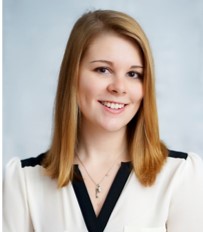 Conference Organisation | Conference Manager
Conference Organisation | Conference ManagerAnja Zeun, K.I.T. Group GmbH Dresden, DE
date
 kitdresden [dot] de (date[at]kitdresden[dot]de)
kitdresden [dot] de (date[at]kitdresden[dot]de)
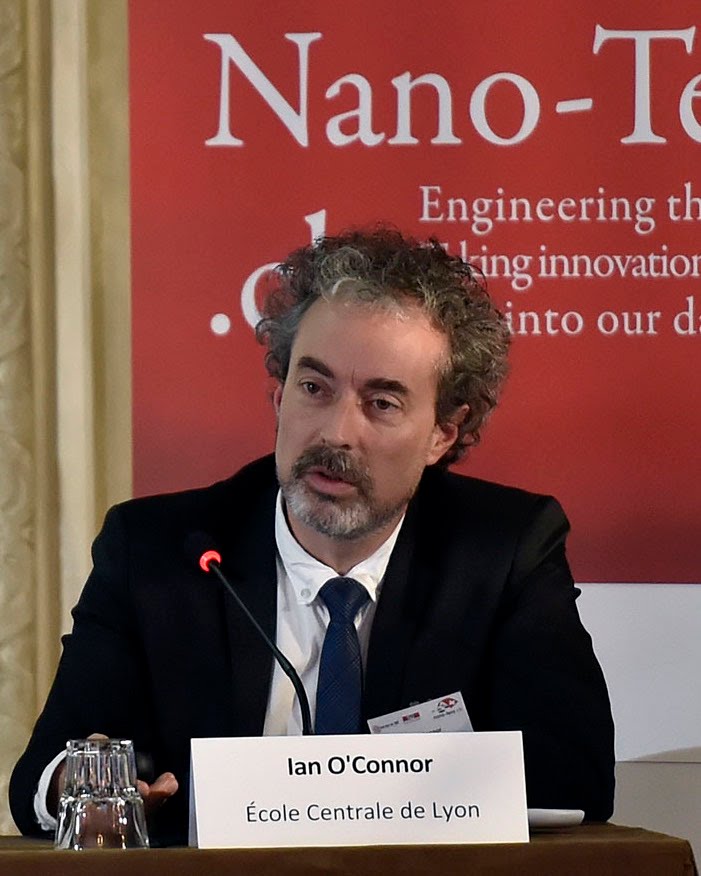 General Chair
General ChairIan O'Connor, École Centrale de Lyon, FR
ian [dot] oconnor
 ec-lyon [dot] fr (ian[dot]oconnor[at]ec-lyon[dot]fr)
ec-lyon [dot] fr (ian[dot]oconnor[at]ec-lyon[dot]fr)
 Programme Chair
Programme ChairRobert Wille, Technical University of Munich, DE
papers
 date-conference [dot] com (papers[at]date-conference[dot]com)
date-conference [dot] com (papers[at]date-conference[dot]com)
To receive the DATE 2023 newsletter you may subscribe to the mailing list at the website: www.date-conference.com/#block-simplenewssubscription.
Share this page on social media


